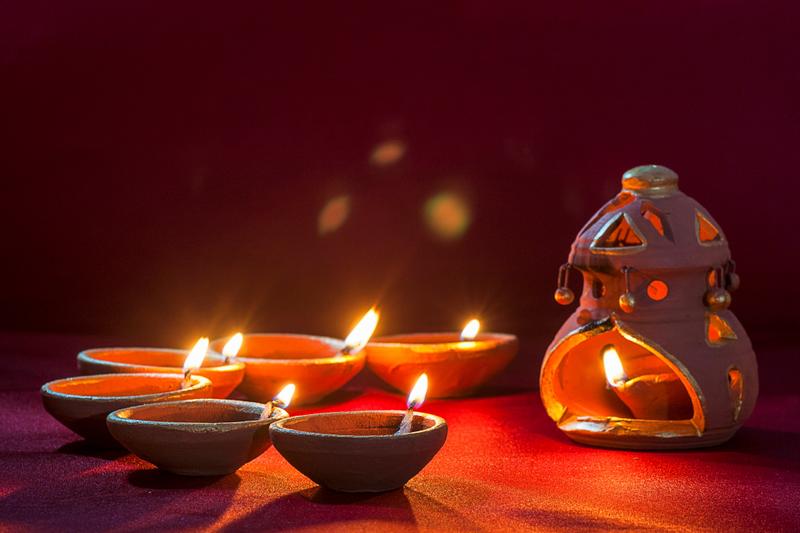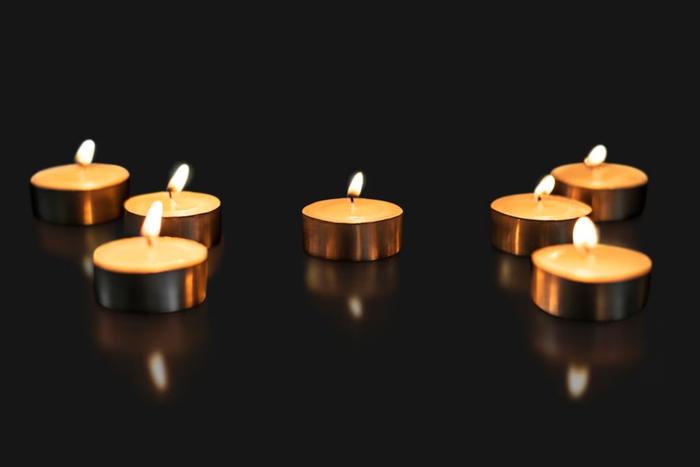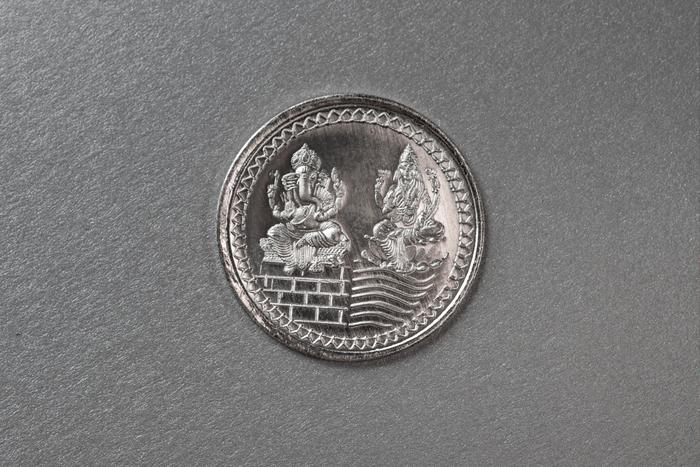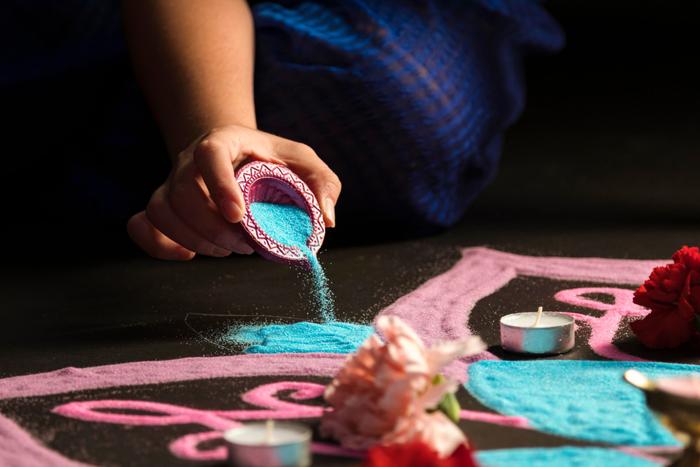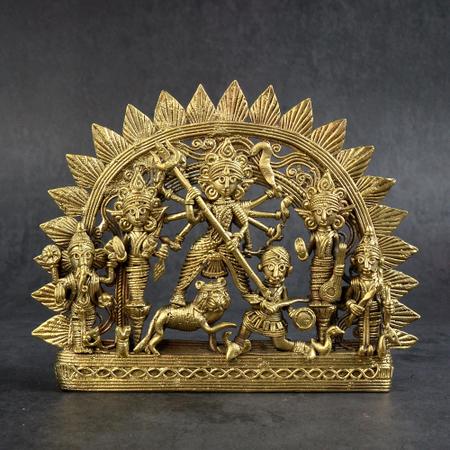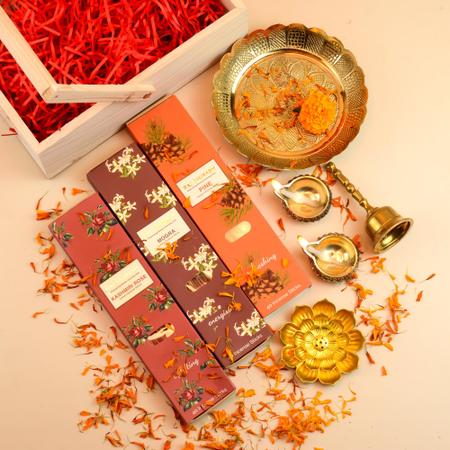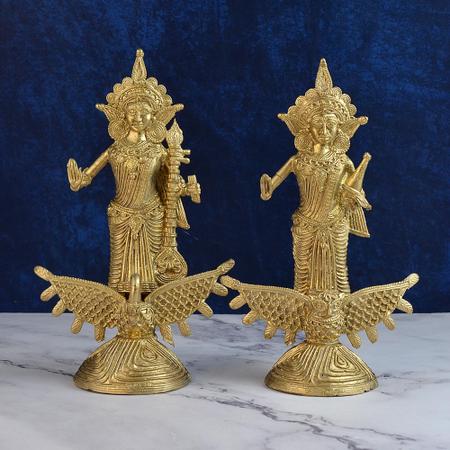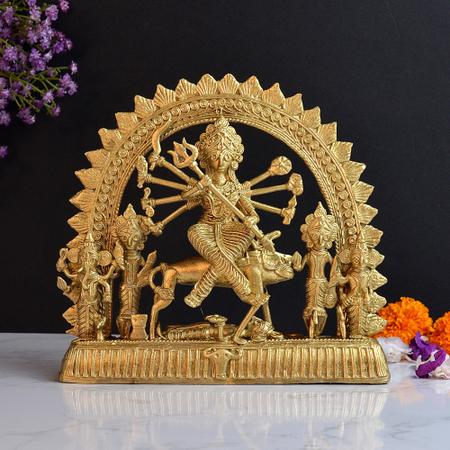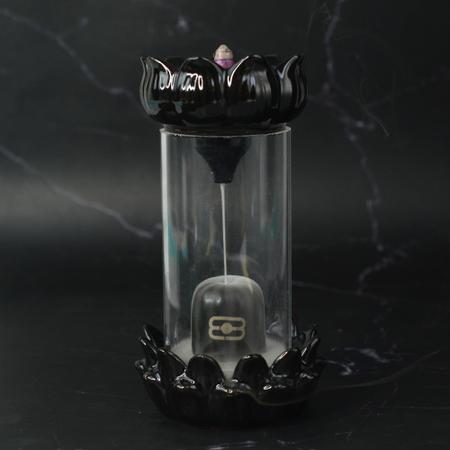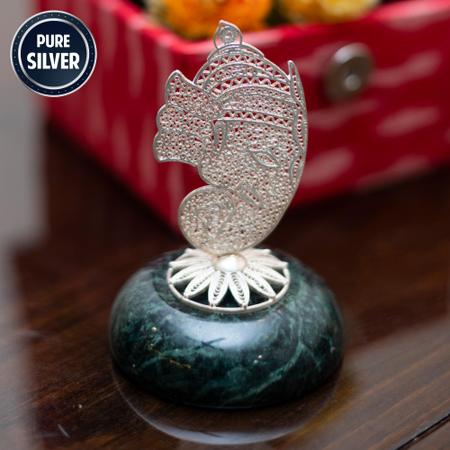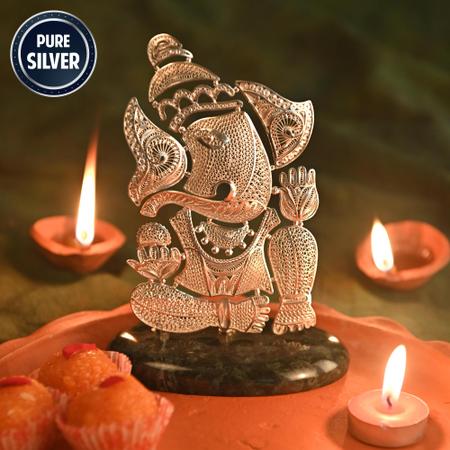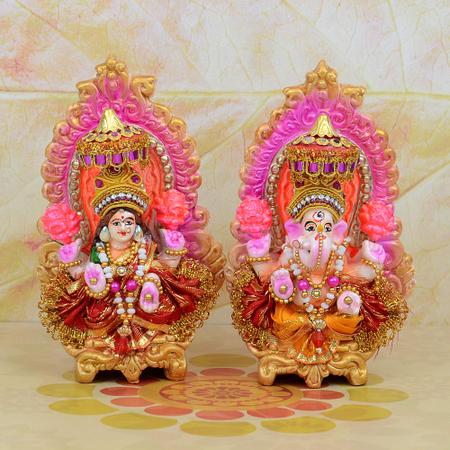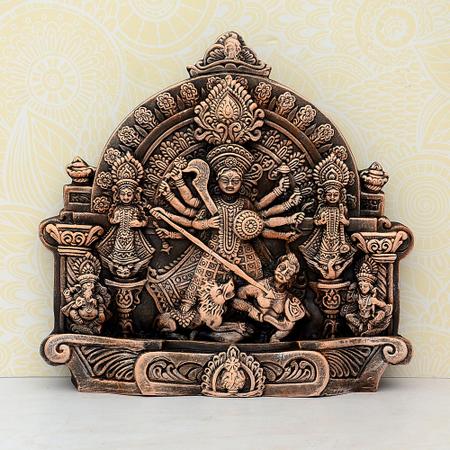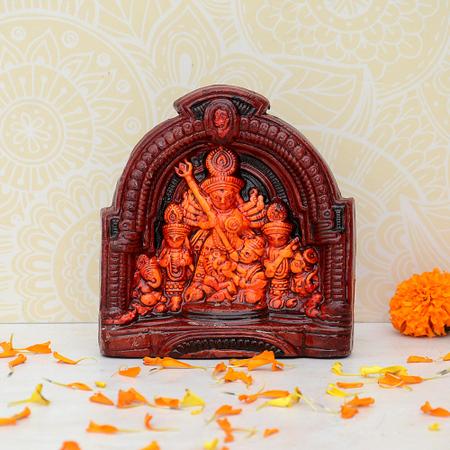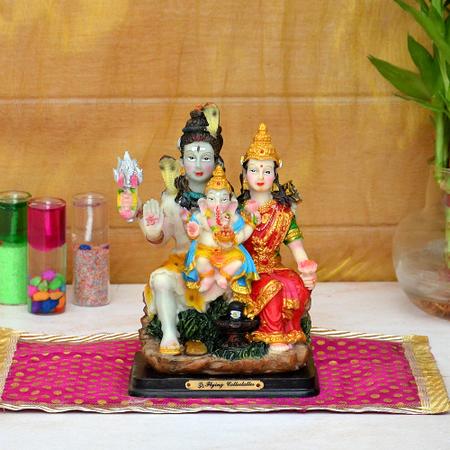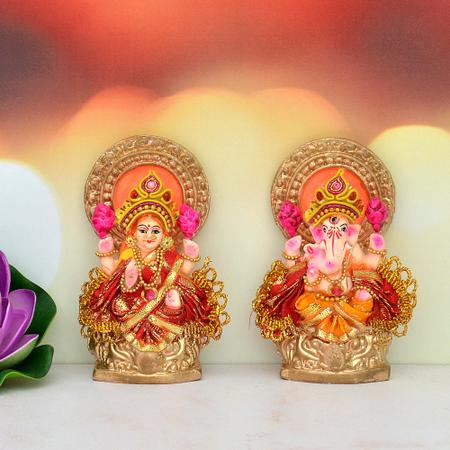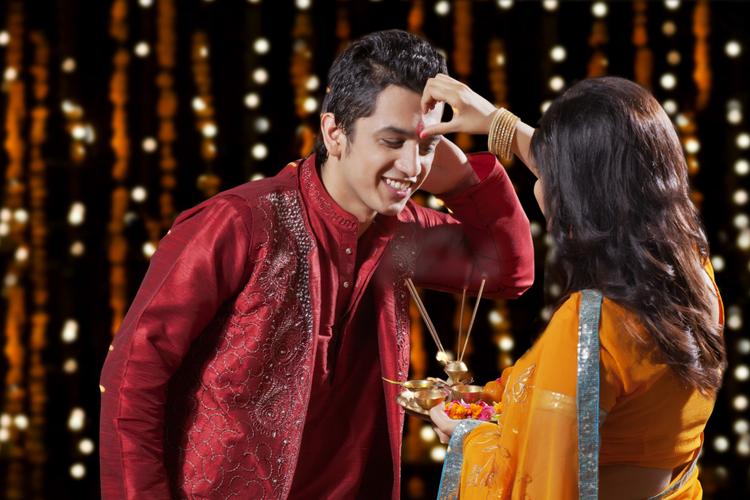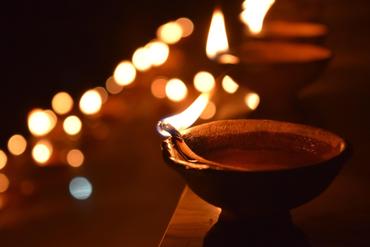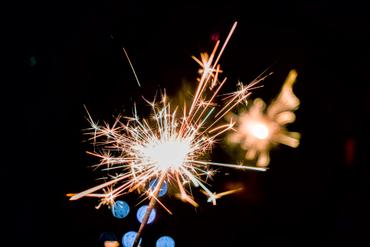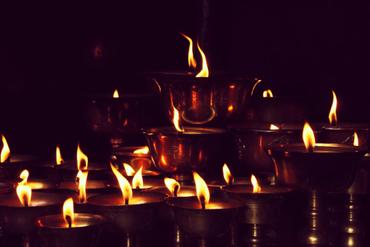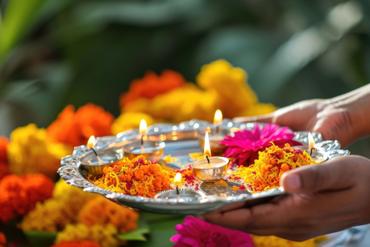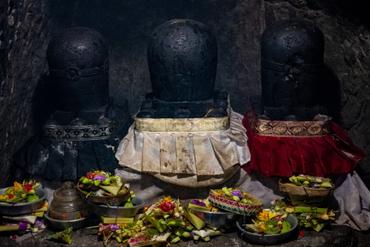India is a nation that binds multiple races, castes, creeds, and ethnic groups in a common chord of mutual respect, love, and harmony. Its uniquely vibrant and divergent multi-cultural traditions and festivals hold a rich heritage. The magnificent temples, colossal churches, beautiful architecture mosques, majestic Gurudwaras, traditional attires, folklore, songs and dances, and unwavering jubilance make the crux of unity in India, along with binding all religions, creeds, dialects, faith, rituals and so on which coexists peacefully under one roof.
The thought of when is Diwali can be a question in your mind. Diwali, also known as Deepavali, is one of the most auspicious festivals celebrated in Indian Hindu communities with full vim and vigor. Diwali is celebrated during the Hindu lunisolar months of Ashwin and Kartik (around sept and mid-November) lasting five to six days (starting with Dhanteras and ending with Bhai Dooj). According to the Hindu calendar, it falls on the darkest night of the lunisolar month called Kartik. Triumph of good over evil, knowledge over ignorance, and the ascendancy of strength and prosperity with the zeal to carry on with our goodwill for the rest of the year is the main essence of this festival. Though, Diwali traditions vary according to region and religion, the myths and historical stories behind the holiday share themes of justice and liberation.
Diwali is a five-day-long festival. The first day of Diwali is known as 'Dhanteras' or 'Dhan Trayodashi'. Dhanteras is referred to as “Yamadeepdaan”. To mark the occasion, lamps are kept illuminated throughout the night, in reverence of Yama, the God of Death. The festival of Dhanteras is also celebrated to honor the Dhanavanthri, the incarnation of Lord Vishnu. On this day, people decorate their houses and workplaces and make traditional 'Rangoli' motifs on the entrance, to welcome Goddess Lakshmi. It is considered auspicious to buy gold and silver on this day.
Choti Diwali
The second day of the festival is 'Narak Chaturdashi', or 'Chhoti Diwali'. According to mythology, the demon Narakasura was killed by Lord Krishna on this day. On this day, people offer puja and light Diya to eradicate sins and impurities. You can also send Diwali sweets to India from our website to celebrate this occasion.
The third day is the main day of Diwali called 'Badi Diwali'. It is the day when Goddess Laxmi is worshiped and offered "Naivedya" in the form of pujan, hawan, and Prasad. It is believed that on this day, Lord Rama returned to Ayodhya from exile after defeating the demon of Lanka, Ravana. On the eve of Diwali, every corner of the house is illuminated with earthen fancy Diyas, lamps, and candles. Colorful 'Rangoli' motifs are used to beautify and decorate the entrances of the houses.
Govardhan Puja
The next day, that is the fourth day is 'Govardhan-Puja' or 'Annakoot'. It is a day when Lord Krishna defeated Indra by lifting the huge Govardhan mountain. At home, usually, 56 different food items are prepared and arranged in a thali which is placed before Lord Krishna.
The fifth and the last day is Bhai Dooj. This occasion has the tradition of sisters performing “ tilak ceremony”. They make lavish meals for their brothers, praying for their long and happy lives and putting a tilak of vermillion, kesar (saffron), and rice on the brother's forehead. Sweets are the auspicious treats that complete the ritual hence send Indian sweets online to your brothers to extend your heartfelt regards. Throughout india, Diwali is celebrated with a lot of grandeur. This is the time of the year where every road and window twinkles. Each region in India has unique Diwali rituals. In north India, Diwali is celebrated as the homecoming of Lord Ram with Mata Sita and brother Lakshman after 14 years of completing their exile. In south India, it is celebrated as the day Lord Krishna destroyed Naraksura. For Sikhs, the celebration of Diwali is the tale of freedom as Bandi Chhor diwas to mark the release of their 6th Guru Hargobind from a Mughal prison. Nepalis is India, celebrate Diwali by worshipping Laxmi and Vishnu. In West Bengal, Diwali is celebrated by worshipping Goddess kali. Jains celebrate Diwali, which marks the Liberation of Lord Mahavira.
Exchanging Diwali gifts on this holy occasion holds a special place. However, there are several Indians who reside offshore and cannot be with their families on Diwali. In such a dilemma, they often seek the aid of the advanced technology available. With solutions to such predicaments, online gifting is the answer. Send Diwali gifts to your loved ones in India. Multiple online gifting portals facilitate e-gifting in India. Online gifting is less time-consuming and one may easily browse through a variety of gifts with just a click of the mouse. Easy payment process, secured payment gateways, on-time delivery services, with the option to track the status of the order placed - all these make e-gifting a hassle-free affair to send Diwali gifts online. These e-gifting portals are a great way to enable the global NRIs to send gifts even corporate Diwali gifts to India online. Diwali is the celebration of illuminating one’s soul with the light of hope and positive energy by bringing friends and families together notwithstanding cultural, social, and geographical barriers. Enveloped with selfless affection, love, and best wishes, these gifts will surely convey heartfelt emotions to them.
